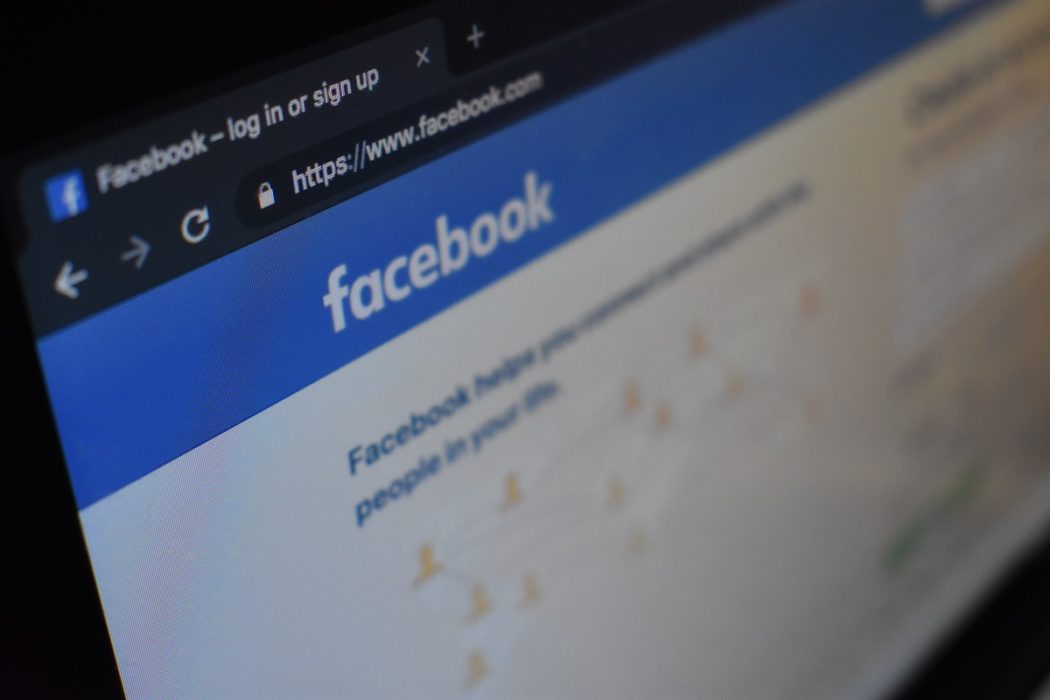This week, we got yet another voice decrying the role of social media in our society. Chamath Palihapitiya, former VP of User Growth at Facebook lamented that social media is “ripping apart the social fabric of how society works.” He continued “No civil discourse, no cooperation; misinformation, mistruth.”
I don’t doubt that social media has had a lot of problematic effects that we should think about and address. It seems to have reinforced silos within our society. More than ever, people are able to create channels that give them only the news and ideas that they are already inclined toward. They shut out news and ideas that challenge their beliefs. That is a problem.
But I also think Palihapitiya grossly overstates his case and stokes a catastrophism that is actively unhelpful.
“No civil discourse, no cooperation”??
While there is certainly trolling on social media, it has profoundly democratized and decentralized the way we engage in discourse and discussion. Every day, large groups of people initiate and engage in discussions on whatever topics they want with limited oversight or censorship. People now more than ever are able to voice their opinions and broadcast them to the world. How can we possibly say there’s no civil discourse?
As for cooperation, how often do we see someone post a message asking the “hivemind” for advice or tips? How often do people from across the world engage with and coordinate with one another through these platforms? We have Wikis that allow people to cooperate to compile knowledge. We have platforms like GitHub that allow sharing of programming code for free around the world. It is patently false that there is no cooperation in our life today. I’d go as far as to say that social media and the internet have allowed us to cooperate on a level unprecedented in human history.
More immediately, the #resist and #metoo movements show quite a bit of evidence that social media can be and often is a powerful tool for cooperation and discourse. Would #metoo have happened without social media?
I’ve said before that thinking the world is getting worse is the world’s most insidious belief. We are addicted to it. We hold a belief that there was some Eden in the past that we are slowly moving away.
I see Palihapitiya’s statements and others like them as a continuation of this false belief. They mistake “changing” for “eroding” or “ripping apart”. They see profound change and assume it is entirely or mostly bad. They warn us that society is collapsing. They want us to stay how we are now or were before.
The truth is: social media isn’t eroding how we interact with one another. It’s changing it. Society isn’t collapsing. It’s changing. That comes with good elements (like the #metoo movement) and some deep destabilization and confusion (like the polarization we are seeing).
We need to find a way to incorporate this change with grace. Instead of resisting or catastrophizing, let’s accept that change is inevitable and in most cases potentially extremely helpful.
In this case, we have a radical new tool at our disposal in social media. It can and is used for incredible good and incredible bad. Why not simply acknowledge both the good and bad and have a real discussion (which, by the way, will almost certainly take place via social media) about how we can use this new tool in the most responsible and beneficial way possible? In some ways, isn’t this our only real choice?



